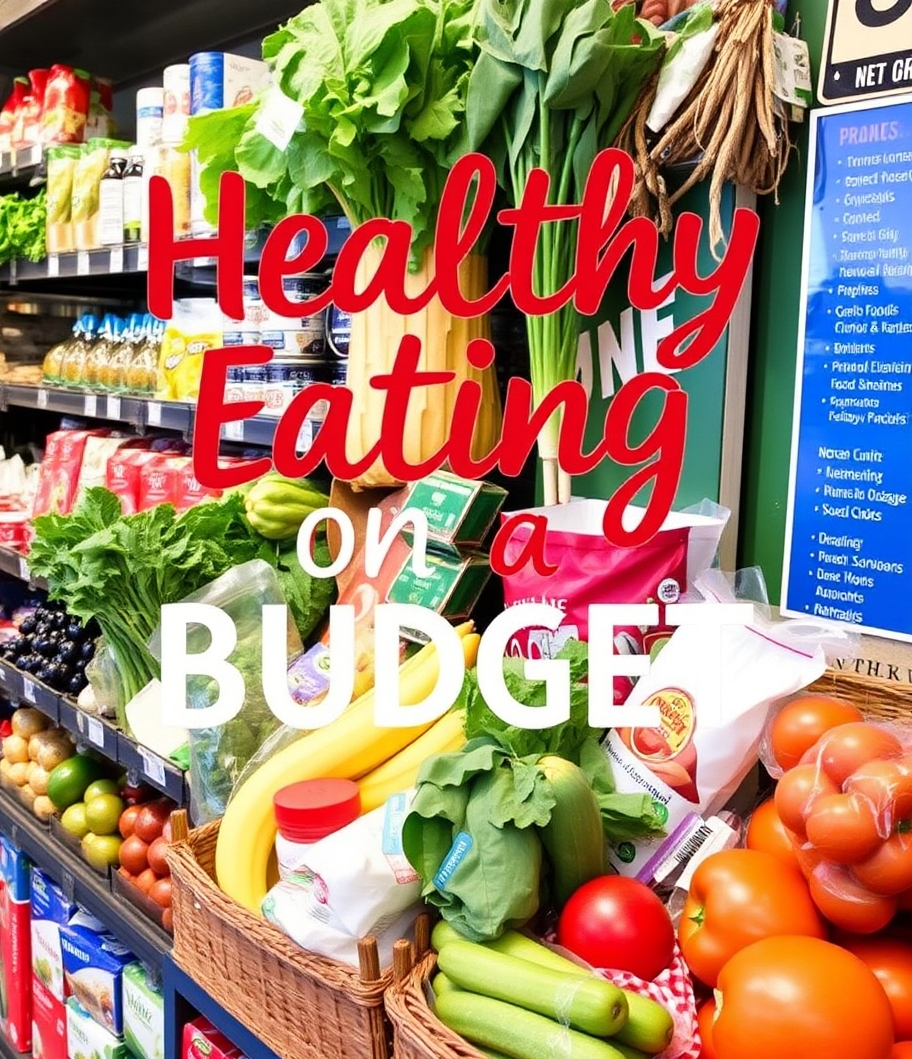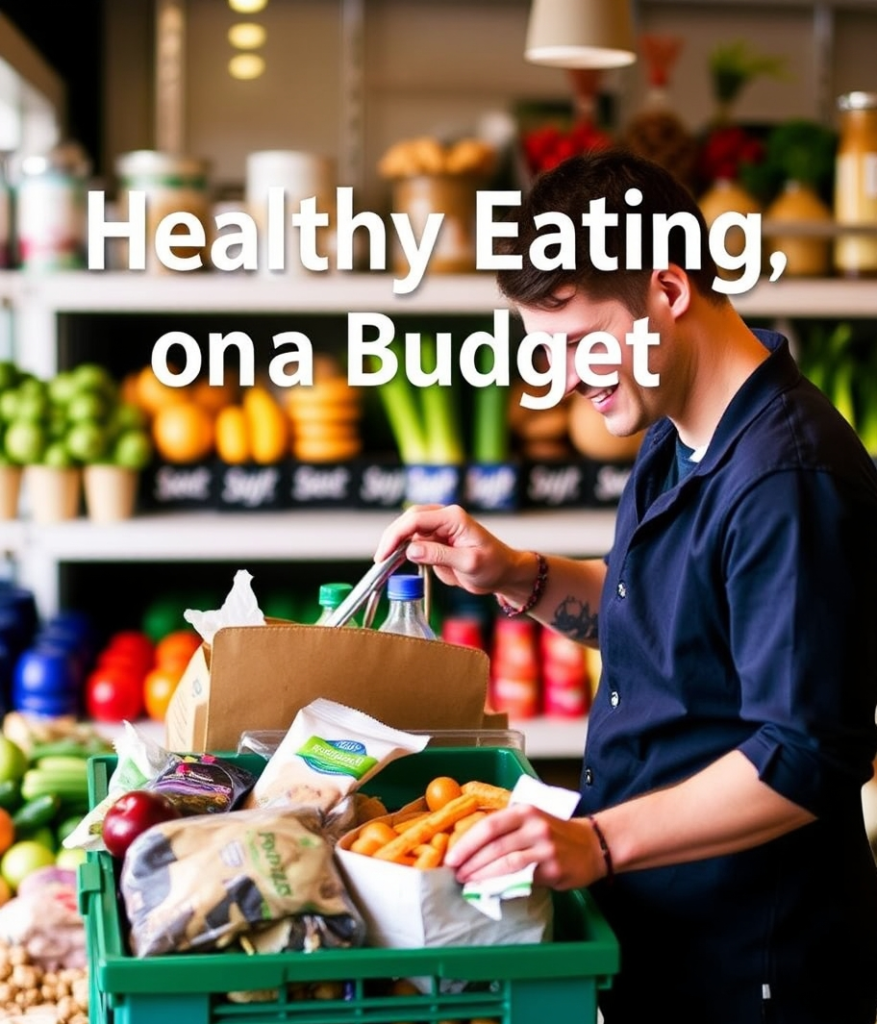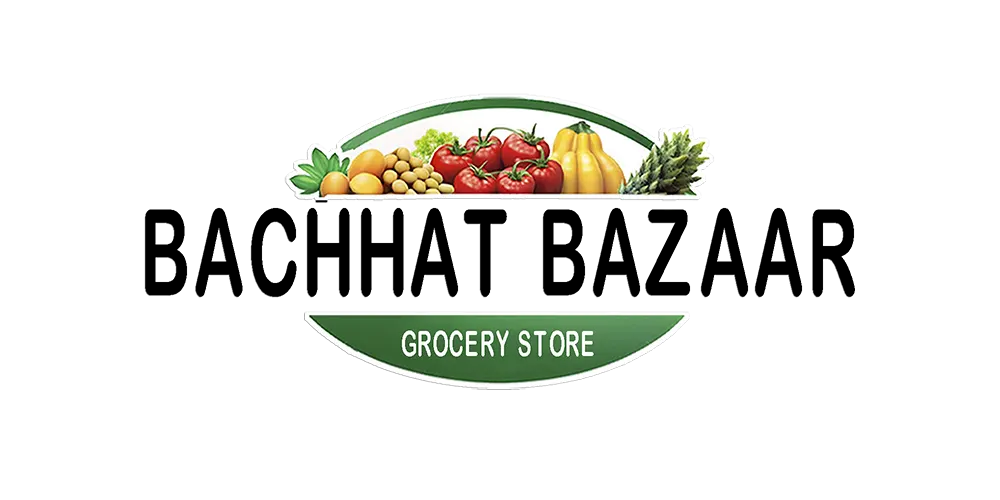
Maintaining a healthy diet is crucial for overall well-being, but it can often feel like an expensive endeavor, especially when it comes to organic and health-focused foods. However, by embracing bulk buying, you can make healthy eating both affordable and sustainable. Purchasing organic and health foods in larger quantities helps reduce costs per unit, minimizes waste, and ensures that you always have nutritious options on hand.
In this blog, we’ll explore the benefits of buying organic and health foods in bulk, tips for making smart purchases, and how bulk buying can fit into your healthy eating plan—all while keeping your budget in check.
Why Buy Organic and Health Foods in Bulk?
Bulk buying has become a popular choice among health-conscious consumers and budget-savvy shoppers. There are several reasons why purchasing organic and healthy foods in bulk is a smart decision:
- Cost Savings: One of the biggest advantages of bulk buying is the significant cost savings. When you purchase organic foods in larger quantities, you typically pay less per unit compared to smaller packaged items. This is especially true when shopping at wholesale or cash-and-carry stores. Buying in bulk allows you to stretch your budget further without sacrificing quality.
- Reduced Packaging Waste: Buying in bulk means fewer individual packages, which not only reduces waste but also contributes to environmental sustainability. This is an important consideration for shoppers who prioritize eco-friendly practices. Less packaging translates into less plastic and paper waste, which is beneficial for the planet.
- Longer Shelf Life: Many organic and health foods, such as grains, nuts, seeds, and dried fruits, have a long shelf life when stored properly. Buying in bulk allows you to stock up on these essentials without worrying about spoilage. You can store bulk foods in airtight containers to maintain freshness, ensuring that you always have healthy options on hand.
- Convenience: Bulk buying eliminates the need for frequent trips to the grocery store. When you have a well-stocked pantry, you’re less likely to run out of key ingredients, making meal prep and healthy eating more convenient. Additionally, buying in bulk can reduce impulse purchases, helping you stay focused on your healthy eating goals.
Health Foods You Can Buy in Bulk
Not all foods are suitable for bulk buying, but many organic and health foods are perfect candidates for stocking up. Below are some of the best options to consider:
- Whole Grains:
- Quinoa, brown rice, oats, and barley are all excellent sources of fiber, vitamins, and minerals. These grains have a long shelf life and can be used in a variety of healthy meals, from breakfast porridge to salads and stir-fries.
- Legumes and Beans:
- Dried beans, lentils, chickpeas, and split peas are affordable protein-rich options that can be bought in bulk. They are versatile, nutritious, and have a shelf life of up to two years when stored properly.
- Nuts and Seeds:
- Almonds, walnuts, chia seeds, flaxseeds, and sunflower seeds are nutrient-dense, providing healthy fats, protein, and fiber. Buying nuts and seeds in bulk helps reduce costs, and they can be stored in the fridge or freezer to extend their shelf life.
- Dried Fruits:
- Organic dried fruits such as raisins, apricots, and dates make for convenient and healthy snacks. They can also be used in baking, smoothies, or as salad toppings. Buying dried fruits in bulk allows you to enjoy these naturally sweet treats without added preservatives or sugars.
- Herbs and Spices:
- Organic herbs and spices can add flavor and nutritional value to your meals. Buying spices in bulk is more economical than purchasing pre-packaged small quantities. Store them in airtight containers to preserve their potency.
- Organic Oils:
- Healthier cooking oils like extra virgin olive oil, coconut oil, and avocado oil can also be purchased in bulk. These oils are staples in a healthy kitchen and have a long shelf life when stored in a cool, dark place.
- Flour and Baking Supplies:
- If you enjoy baking or making homemade bread, buying organic flour, baking powder, and other supplies in bulk is a great way to save money while maintaining healthy eating habits.

How to Incorporate Bulk Buying into Your Healthy Eating Plan
Now that we’ve covered the types of health foods you can buy in bulk, let’s look at some strategies for incorporating bulk purchases into your healthy eating plan without straining your budget:
- Plan Your Meals in Advance:
- Meal planning is key to making the most out of bulk purchases. Before heading to the store, create a weekly meal plan that incorporates the bulk items you’ve purchased. This ensures you’re using everything efficiently and avoiding food waste. Planning your meals also helps you stay on track with your healthy eating goals.
- Buy What You’ll Actually Use:
- While bulk buying can be tempting, it’s important to only purchase items you know you’ll use. Stick to pantry staples that can be used in a variety of dishes, such as grains, beans, and nuts. Avoid buying perishable items in bulk unless you have a plan to use them quickly.
- Invest in Proper Storage:
- Storing your bulk purchases correctly is essential for maintaining their freshness and extending their shelf life. Invest in high-quality airtight containers or glass jars to store your grains, nuts, seeds, and dried fruits. For items like nuts and seeds, consider storing them in the refrigerator or freezer to prevent rancidity.
- Shop at Wholesale and Bulk Stores:
- Wholesale stores like cash-and-carry outlets, local co-ops, or online bulk retailers offer great deals on organic and health foods. These stores often sell products at lower prices than traditional grocery stores, making it easier to stay within your budget. Compare prices across different stores to get the best deals.
- Freeze What You Don’t Use Right Away:
- Freezing is a great way to extend the life of bulk purchases. Items like nuts, seeds, and even cooked beans can be frozen for later use without losing their nutritional value. This allows you to buy in bulk without worrying about spoilage.
- Use Bulk Foods for Meal Prep:
- If you’re into meal prepping, bulk buying makes it easy to cook large batches of healthy meals that can be stored in the fridge or freezer for the week ahead. Cook up large quantities of grains, beans, or stews, and portion them out for quick, nutritious meals.
Budget-Friendly Tips for Buying Organic in Bulk
While bulk buying is generally more economical, organic foods can still be on the pricier side. Here are some tips to keep costs down:
- Compare Prices:
- Not all bulk stores offer the same prices, so it’s important to shop around. Compare prices at different stores, including online retailers, to ensure you’re getting the best deal.
- Buy in Season:
- Organic produce tends to be more affordable when purchased in season. Stock up on seasonal fruits and vegetables and freeze them for later use.
- Join a Co-op:
- Food co-ops or buying clubs often offer discounts on organic products when bought in bulk. Joining a co-op can help you access quality organic foods at a lower price.
- Look for Sales:
- Keep an eye out for sales or special promotions at bulk stores. Many stores offer discounts on bulk items, allowing you to save even more.
Conclusion
Healthy eating doesn’t have to break the bank, especially when you adopt the strategy of bulk buying organic and health foods. By purchasing in larger quantities, you not only save money but also ensure that you always have nutritious ingredients on hand. With proper meal planning, smart shopping, and thoughtful storage, you can maintain a healthy diet while sticking to your budget.
Bulk buying allows you to embrace a healthy, eco-conscious lifestyle that benefits both your wallet and the planet.

